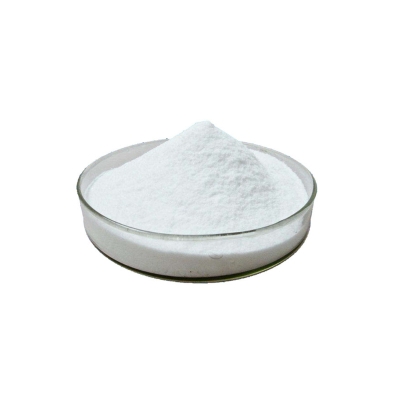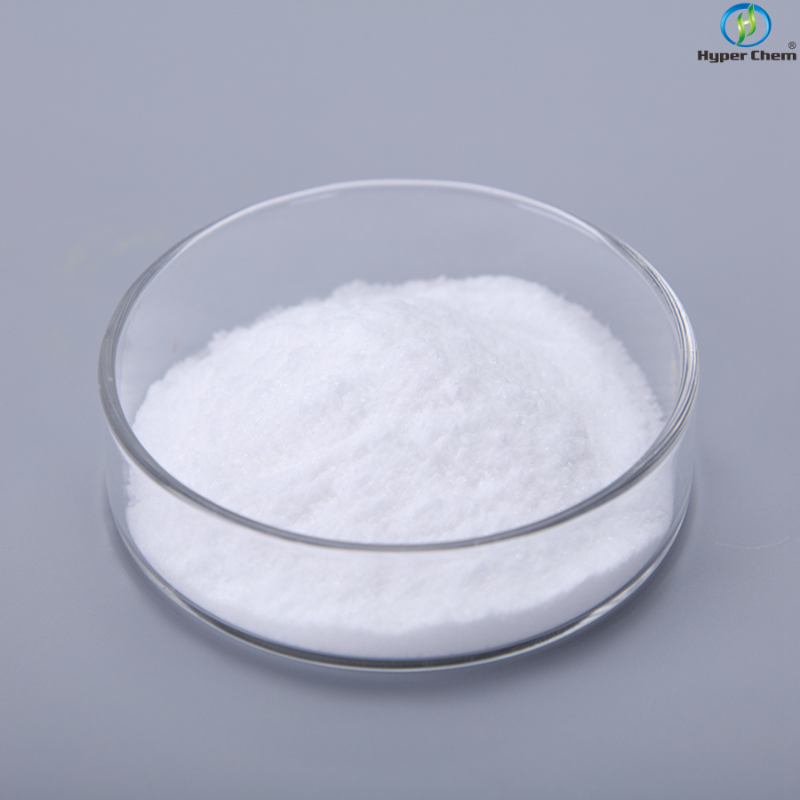-
Categories
-
Pharmaceutical Intermediates
-
Active Pharmaceutical Ingredients
-
Food Additives
- Industrial Coatings
- Agrochemicals
- Dyes and Pigments
- Surfactant
- Flavors and Fragrances
- Chemical Reagents
- Catalyst and Auxiliary
- Natural Products
- Inorganic Chemistry
-
Organic Chemistry
-
Biochemical Engineering
- Analytical Chemistry
-
Cosmetic Ingredient
- Water Treatment Chemical
-
Pharmaceutical Intermediates
Promotion
ECHEMI Mall
Wholesale
Weekly Price
Exhibition
News
-
Trade Service
Every three seconds in the world, a person is diagnosed with dementia
.
Although there is no known treatment, changes in the brain may occur
years before the diagnosis of dementia.
Now, a world-first study from the Australian Centre for Precision Health at the University of South Australia has found a link between metabolism and dementia-related brain measurements, providing valuable insights into
the disease.
By analyzing data from 26,239 people at the UK Biobank, the researchers found that those obese patients who were linked to liver stress, inflammation and kidney stress had the most adverse
brain outcomes.
The study measured the correlation between 6 different metabolic profiles and 39 cardiometabolic markers with MRI brain scan measurements of brain volume, brain injury, and iron accumulation to identify early risk factors
for dementia.
People with metabolic traits associated with obesity are more likely to have adverse MRI profiles, showing lower hippocampal and gray matter volumes, a heavier burden of brain damage, and more
iron accumulation.
Dr.
Amanda Ramsden, a researcher at Arizona State University, said the study adds to a new understanding
of brain health.
"Dementia is a debilitating disease that affects more than 55 million people worldwide," Dr.
Ramsden said
.
"Understanding the metabolic factors and profiles associated with brain changes associated with dementia can help identify early risk factors
for dementia.
"
"In this study, we found that poor neuroimaging patterns were more prevalent
in people with the type of metabolism associated with obesity.
"These people also have the highest basal metabolic rate (BMR) — the energy your body needs to maintain basic function at rest — but oddly enough, BMR seems to be more helpful in producing adverse brain markers than the effects of obesity
.
"
Senior researcher Hypp?nen of UniSA's Elina Professor said the discovery offers a new avenue
for understanding brain health.
"This study shows that metabolic status is linked
to all aspects of brain health.
We also found associations with a number of individual biomarkers, which may provide clues to the processes that lead to dementia," said
Professor Hypp?nen.
"The human body is complex, and more work needs to be done now to find out exactly why and how
these associations arise.
"







